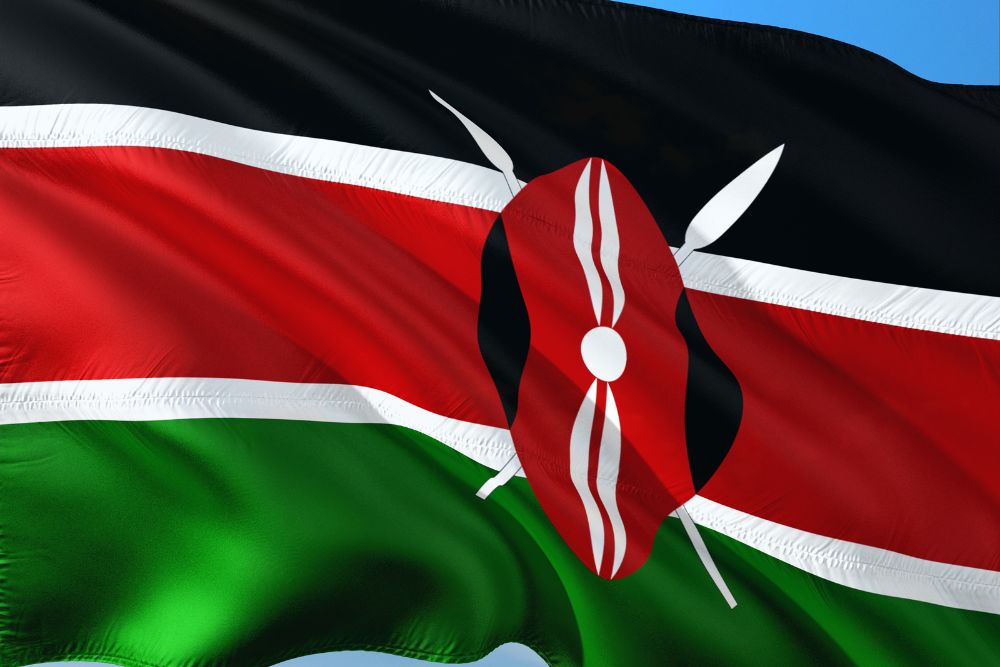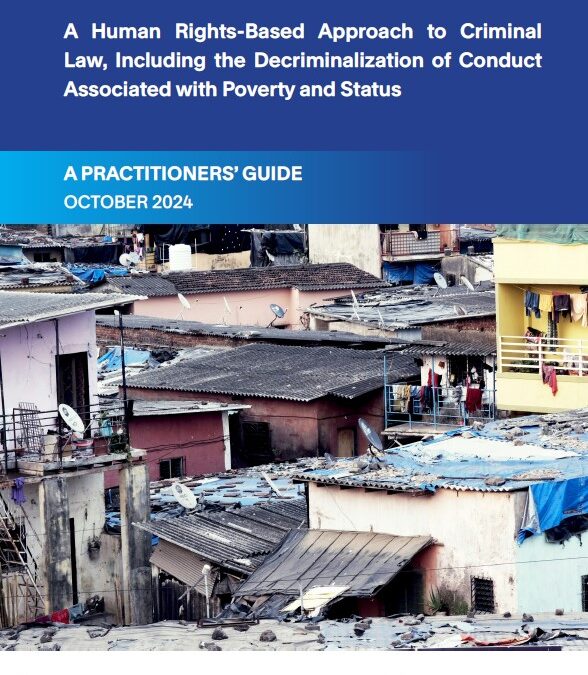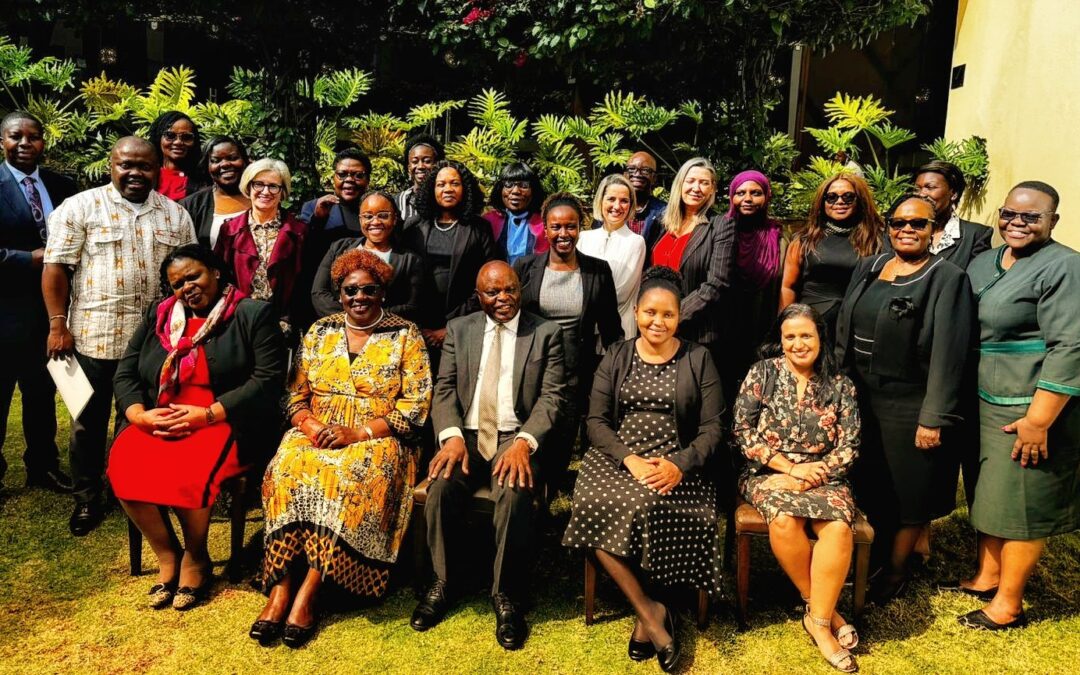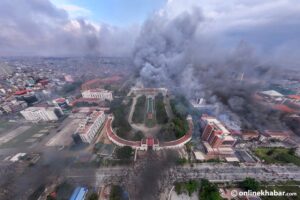


Gambia: West African States agree on Court for Jammeh-era crimes
ECOWAS adopts statute of “hybrid” court to prosecute crimes under ex-president Yahya Jammeh The agreement on 15 December 2024 to establish a special court to try the worst crimes committed under the rule of the former president of Gambia, Yahya Jammeh, if...
Lesotho: ICJ makes a submission to the Universal Periodic Review
On 11 October 2024, the International Commission of Jurists (ICJ) made a submission to the UN Human Rights Council’s Working Group on the Universal Periodic Review (UPR) in advance of its consideration of Lesotho’s human rights record during the 49th session of the UPR in April and May 2025.

A human rights-based approach to criminal law: new Practitioners’ Guide on decriminalization of Poverty and Status
The International Commission of Jurists (ICJ) – together with the Institute of Commonwealth Studies (ICwS) and the Commonwealth Secretariat (ComSec) – has launched a new Practitioners’ Guide on “A Human Rights-Based Approach to Criminal Law, Including the...
South Africa: Military Courts should be allowed to operate independently and without undue influence from political authorities
As the Constitutional Court begins deliberations in a highly consequential case concerning sexual abuse in the South African Military, the International Commission of Jurists (ICJ) has submitted argument that South Africa bears obligations under international law to ensure that courts and tribunals, including military courts, are competent, independent, impartial and allow for a fair and public hearing.





